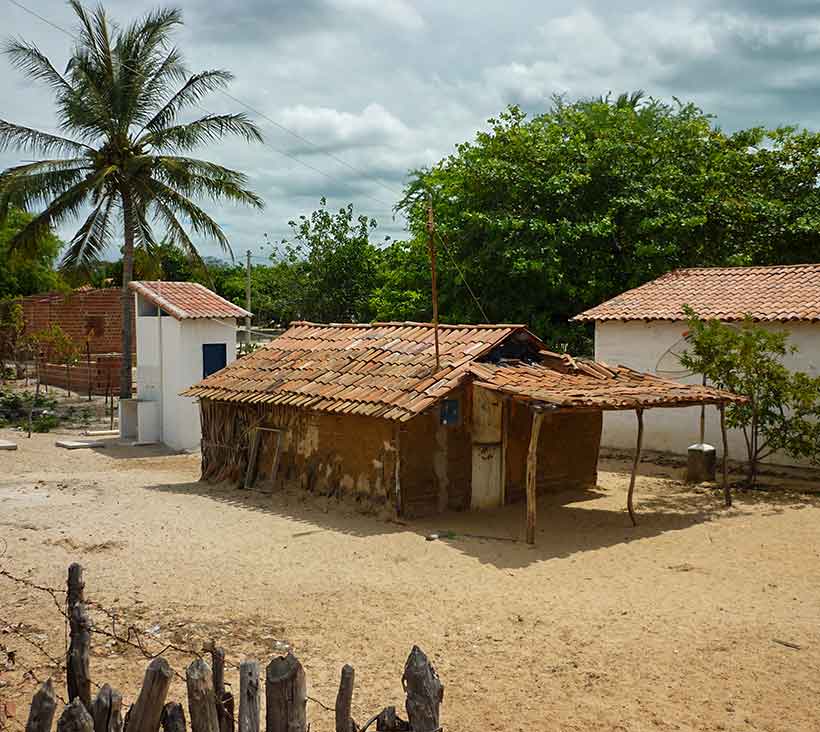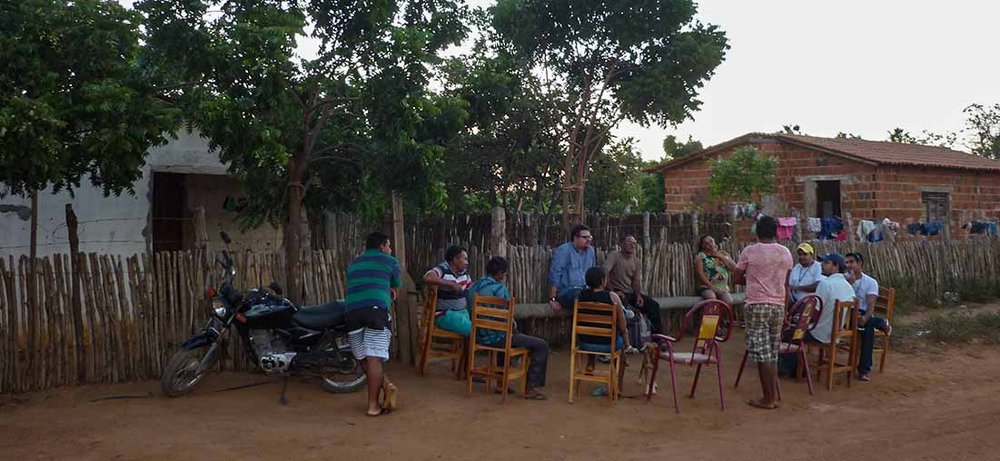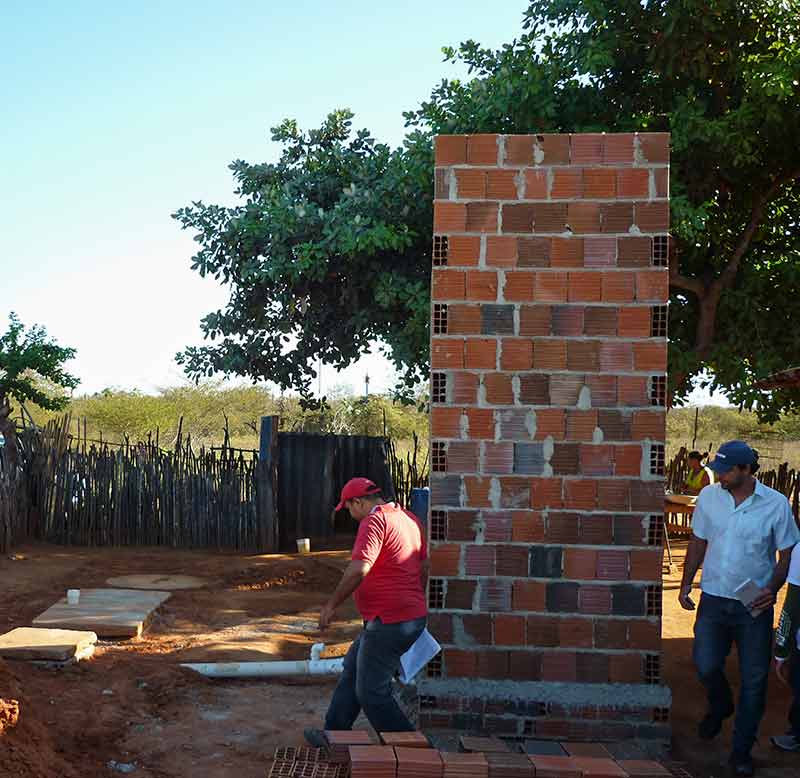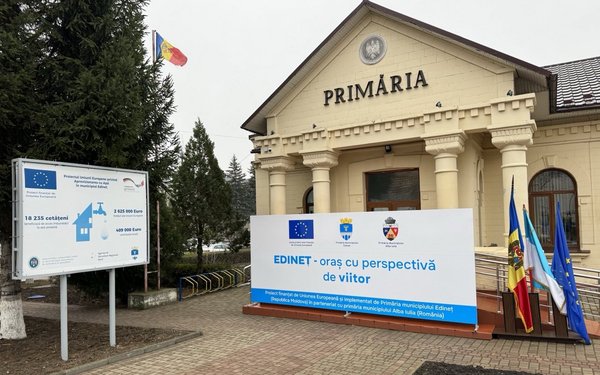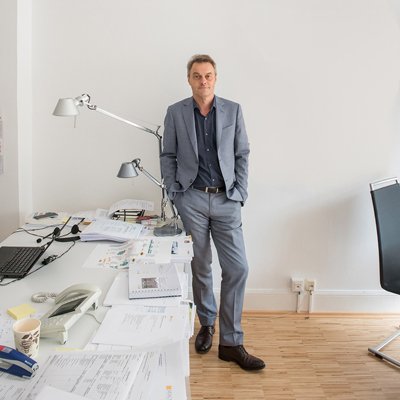The LOCOMO Programme Project "Improved public infrastructure and public utilities performance in seleted local communities" comprises of the consutruction and rehabilitation of the Edinet Water Treatment Plant, water supply networks and rural sewage systems in multiple surrounding regions and support to a Solid Waste Management Service in Iagara and neighboring villages.
MACS will support the capacity development section and participate together with the Consortium Lead Posch & Partner GmbH, who will take over the construction site supervision activities.
This week, the Institutional and Capacity Development Expert of the MACS Team participated in the first site visit in Edinet, coordinating with Representatives of the Austrian Development Agency, the mayor of the city and the management team of the municipal utility Apa Canal Edinet to do the first assessment of required activites for the development of the detailed program for service provision improvement and tariff reassessment.
The Project will continue until 2027 and include on the capacity development site the assessment and improvement of tariffs, the improvement of orgnaizational structures of the involved utilities and technical training in O&M for all existing and newly constructed facilities.
